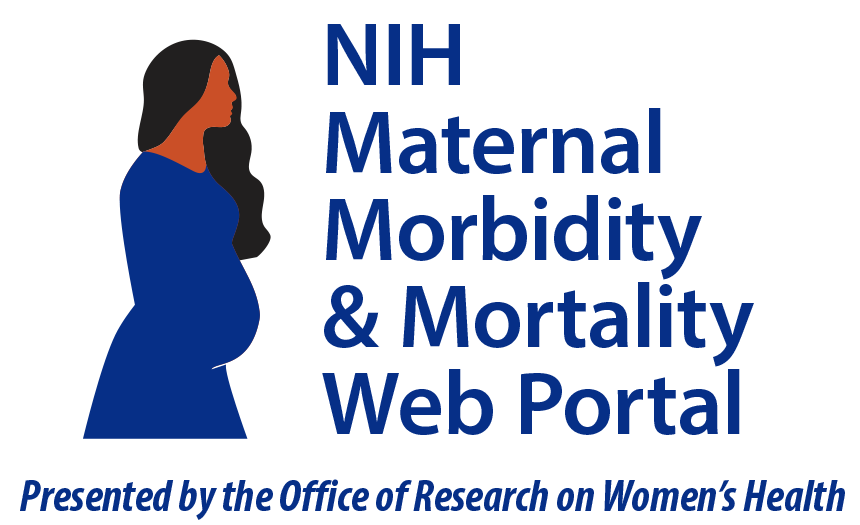
Pregnancy is a time of excitement and perhaps some anxiety about what to expect — especially for women pregnant for the first time. The NIH MMM Web Portal provides trustworthy, science-based information on pre-pregnancy, healthy pregnancy, delivery, and post-pregnancy for scientists, researchers, consumers, and advocates.
Because pre-pregnancy health, healthy pregnancy and delivery, and health across the life course are integrally linked, we hope to help women and their support networks find information they can use to stay healthy throughout their lives. For example, the “Women’s Health Resources” section on the “Information and Resources” page offers information on pregnancy-related complications that can occur, the impact of chronic conditions (e.g., hypertension and diabetes), and what actions women can take to promote a healthy pregnancy.
As the primary government agency responsible for biomedical and public health research, NIH invested over $407 million in maternal health in fiscal year 2020. NIH supports a great deal of research on different aspects of maternal health, and those interested in Federal efforts to address this issue can learn about them here.
The MMM Web Portal is also designed to serve as a central hub and resource for staff at the NIH Institutes, Centers, and Offices (ICO) and researchers who focus on this important topic. Scientists, clinicians, and others can use this web portal to view information about the scope of relevant research at NIH; specific funding opportunities, programs, and events at NIH and across the U.S. Department of Health and Human Services; and NIH-funded clinical trials related to maternal health.
On behalf of NIH, I welcome everyone who cares about the health of women, including those working to improve the health of mothers everywhere, to the NIH MMM Web Portal! We hope that it provides useful information and that you visit often.
Janine Austin Clayton, M.D., FARVO
Director, NIH Office of Research on Women’s Health
Associate Director for Research on Women’s Health, NIH

Thank you for visiting the NIH MMM Web Portal! MMM is a topic that continues to garner a great deal of attention — in the news and in everyday conversation. The portal is the place where you can find timely information on this critical topic.
Women who are considering pregnancy, are about to become moms, or have previously delivered a baby can find out more about how this period relates to their health across the life course in the “Women’s Health Resources” section on the “Information and Resources” page.
The “Information and Resources” page links to popular, scholarly publications and non-scholarly articles originating from both the Federal Government and other sources, as well as reports, educational programs and initiatives, news and media content, etc. Scholarly publications are located in the Key Publications section under “For Researchers”. Most of the publication links lead to PubMed — the free search engine that provides access to references and abstracts on biomedical topics via the National Library of Medicine.
In the “Ongoing Studies” page, users can follow links to learn about current research reflecting the wealth of knowledge on MMM generated through scientific discovery.
We understand the importance of sharing information and stories on maternal health, so we included an “Events” section in the MMM Web Portal. On this page, individuals who promote maternal health and women’s health in general can find a listing of Federal events focused on these topics. It’s also important that people see the bigger picture of what NIH is doing to improve maternal health in the context of rigorous research relevant to the health of women.
Finally, the MMM Web Portal features a section called “Maternal Health Across NIH,” which includes more specific information on NIH ICO efforts to improve maternal health. The Office of Research on Women’s Health will continually update the web portal, so please return for the latest information.
Samia Noursi, Ph.D.
Associate Director for Science Policy, Planning, and Analysis,
NIH Office of Research on Women’s Health

